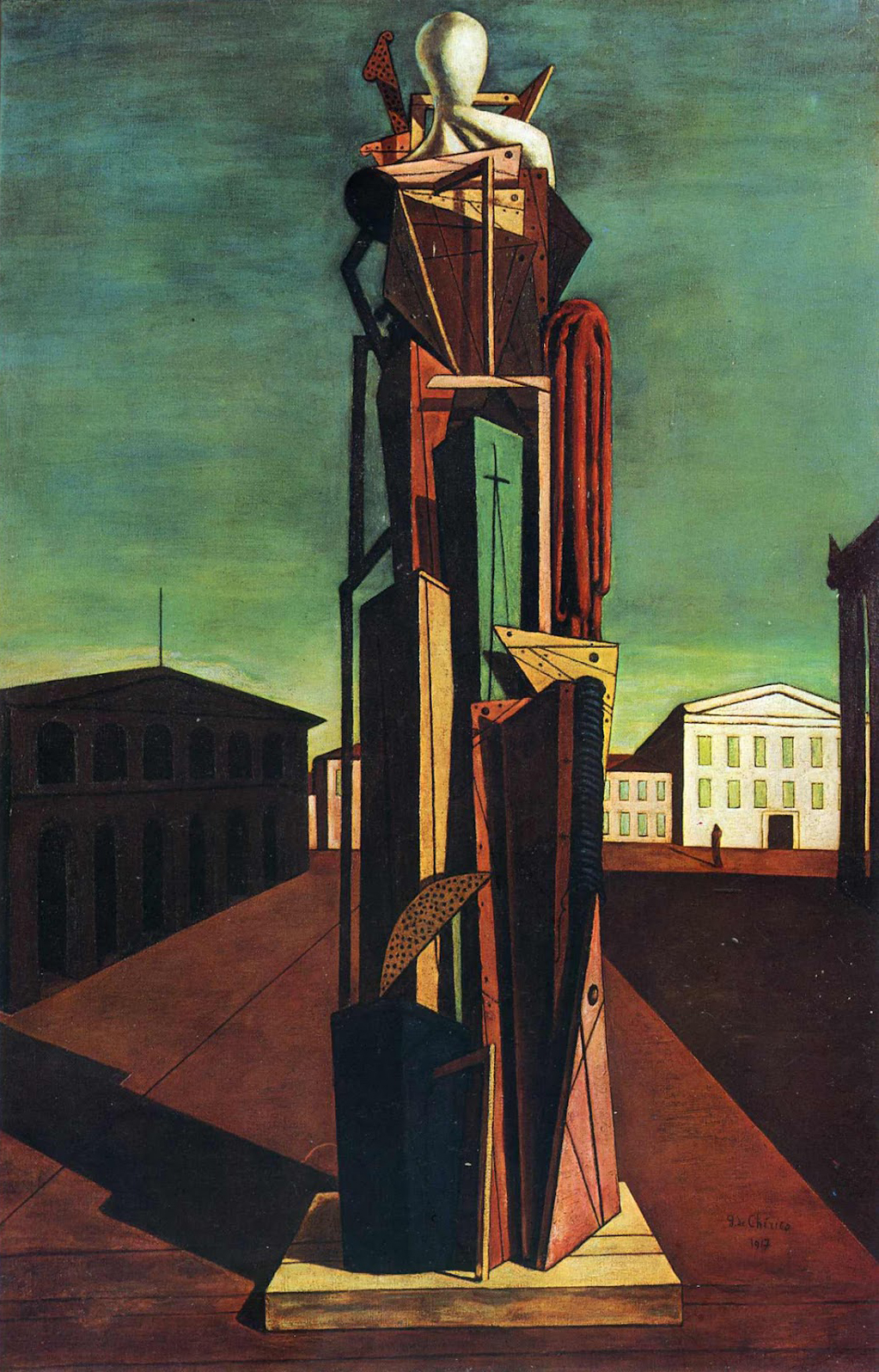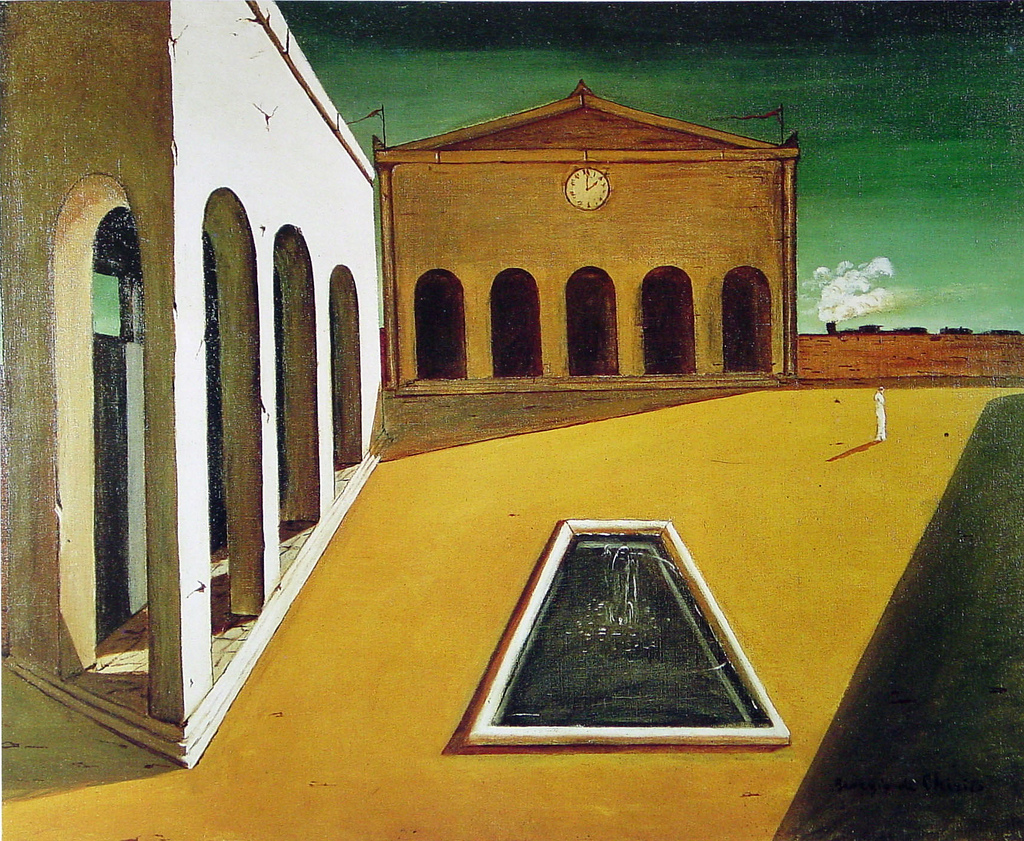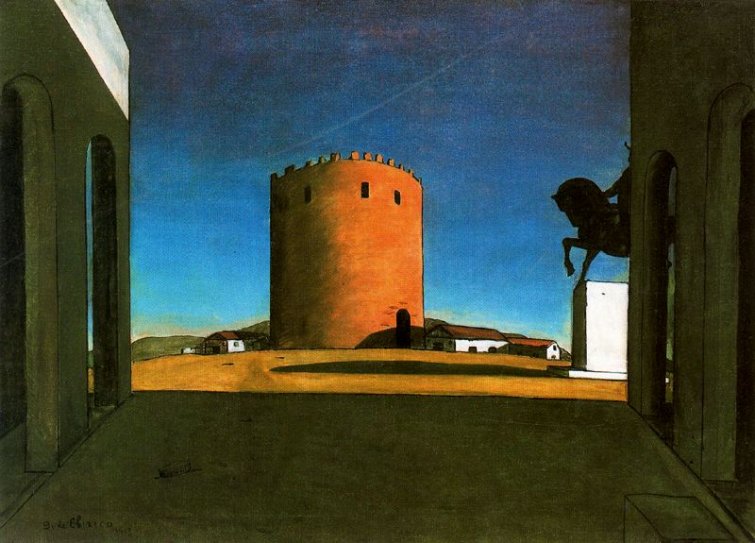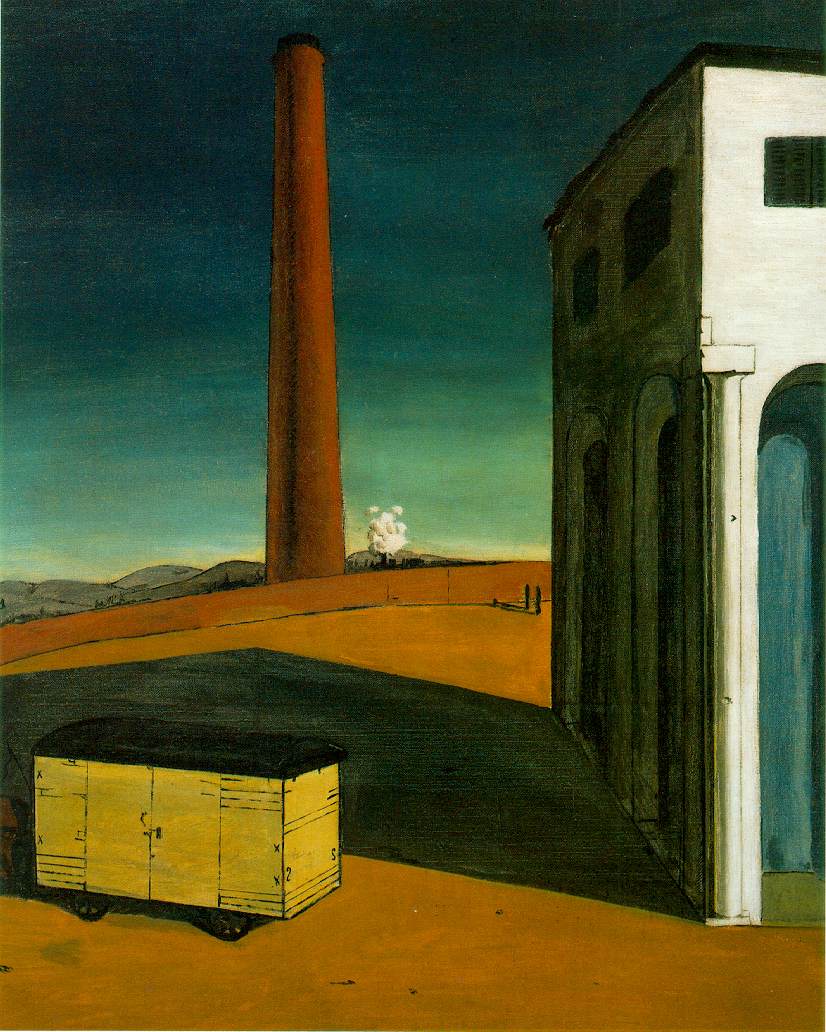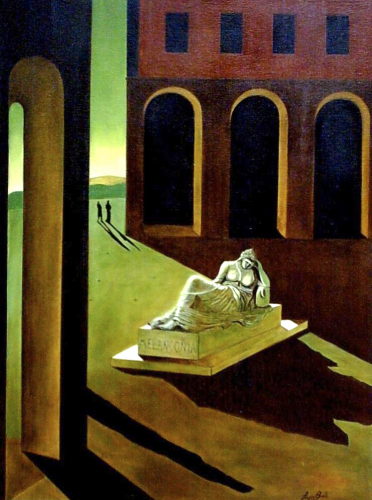Or
Marcus Aurelius for dummies
Andrew Anglin was a fan of Stefan Molyneux’s videos, before YouTube cancelled Molyneux’s account. But Moly used the term ‘philosophy’ not in the academic sense of the term, but in the sense of free inquiry. Here I would like to talk about philosophy in the sense as it is studied in universities.
After I posted ‘Nietzsche for dummies’ I found out that there is a YouTube channel that collects other lectures by professor Michael Sugrue (see the 20-second introductory video: here). As we know, our point of view of are the 4 and 14 words—ethics and aesthetics. Therefore, for a priest so imprisoned in the most threatening hour in history for these words, what they usually call Western wisdom we call Western folly. For example, about an article on this site from 2013, which last November was translated into German, I said:
It is an important article. It exposes the quackery of all that Bertrand Russell called ‘wisdom of the West’ (in fact, Wisdom of the West is the title of one of Russell’s books I have read: an introduction to Western philosophy). But Russell et al weren’t wise. There is nothing wise about what philosophers have been saying for millennia if we start serious thinking from the darkest hour of the West. If the ‘philosophers’ had been wise since ancient Athens, they would have warned us about the danger of interbreeding with the mudbloods of the Mediterranean.
That same month I wrote an article under the title ‘Philosophy’ where I show that an Italian scholar lost his cool, in his philosophical dictionary, in his article ‘Racism’. It never ceases to amaze me how what is wise—say the race realism of the books published by American Renaissance—is seen as iniquitous by normie academics, and the cobwebs of a guy like Kant are seen as wisdom: an inversion of values. Earlier, in May 2018, speaking of Aristotle and Greek science I wrote:
But was it wisdom? The real ‘wisdom of the West’ only started with a politician like Hitler and, on the other side of the Atlantic, a white supremacist like Pierce. Ancient philosophers ignored the dangers involved in conquering non-white nations without the policy extermination or expulsion.
Sugrue’s lectureship I heard today was about Marcus Aurelius. One of the faults of academic philosophy is that, because Western history has been written by Christians and secular neochristians, instead of confronting the dogma of the age,the philosophy degree becomes scholasticism that rationalises the dogmas of the age. If we start from a different reading of history, for example, the stories we have reproduced here by the Spanish writer Evropa Soberana or the American William Pierce, this new contextualisation produces a radically different way of looking at Western thinkers.
Sugrue speaks of Marcus Aurelius without properly contextualising the good emperor in his own time. Once, unlike Sugrue and academic philosophers, our point of view is the sacred words, transvaluations occur: such as seeing the late imperial Romans as the bad guys and the invading Germans as the good guys.
The academy obscures from us the fact that many Romans of Marcus Aurelius’ time were no longer the pure Nordids who founded Rome. So many conquered people migrating to Rome made it the NY of the Ancient World: a melting pot (the 2000 Hollywood film Gladiator, depicting the time of Marcus Aurelius, reflects something of this). As a Nordic scholar wrote, Rome declined precisely because of miscegenation.
Sugrue speaks of none of this because, as a normie (Ridley Scott who filmed Gladiator is another normie), he is unable to see what was happening throughout the empire in the time of one of Rome’s two emperor-philosophers (the other being Julian the Apostate, sometime later). As blind as all mainstream scholars who have taught philosophy over the centuries, Sugrue is incapable of uttering anything like what Pierce said:
When Marcus Aurelius, the last Roman emperor able to inspire any real fear or respect in the Germans, tried to recruit troops to defend Rome’s Danubian border in 168, not even the threat of death induced Italians to enlist in the legions. The emperor finally resorted to conscripting all of Rome’s gladiators, most of whom were Celtic or German prisoners of war, into the army, whereupon the Roman masses, as addicted to their spectator sports as America’s masses are to their TV, threatened insurrection. ‘He deprives us of our amusements’, the populace cried out in anger against the emperor, ‘in order to make us philosophers like himself’. As they had become less martial, the Romans—or, rather, the Jews, Syrians, Egyptians and debased Greeks of the Empire who unworthily bore that once-honorable name—had grown ever more fond of the cruel blood sports of the Colosseum.
For the context of this Pierce quote see: here. But even normie writers like Will Durant perceived that the stoicism of Marcus Aurelius already reflected the decline of the vital spirit of the ancient Greeks and Romans. Ten years ago, for example, I quoted some words of Durant’s that are worth reciting:
The Romans, coming to despoil Hellas in 146 b. c, found these rival schools dividing the philosophic field; and having neither leisure nor subtlety for speculation themselves, brought back these philosophies with their other spoils to Rome. Great organizers, as much as inevitable slaves, tend to stoic moods: it is difficult to be either master or servant if one is sensitive. So such philosophy as Rome had was mostly of Zeno’s school, whether in Marcus Aurelius the emperor or in Epictetus the slave; and even Lucretius talked epicureanism stoically (like Heine’s Englishman taking his pleasures sadly), and concluded his stern gospel of pleasure by committing suicide. His noble epic On the Nature of Things, follows Epicurus in damning pleasure with faint praise.
Imagine the exhilarating optimism of explicit Stoics like Aurelius or Epictetus. Nothing in all literature is so depressing as the Dissertations of the Slave, unless it be the Meditations of the emperor. ‘Seek not to have things happen as you choose them, but rather choose that they should happen as they do; and you shall live prosperously’. No doubt one can in this manner dictate the future, and play royal highness to the universe.
Nations, too, like individuals, slowly grow and surely die. In the face of warfare and inevitable death, there is no wisdom but in ataraxia, —‘to look on all things with a mind at peace’. Here, clearly, the old pagan joy of life is gone, and an almost exotic spirit touches a broken lyre.
If what Sugrue will say in other videos makes me react intellectually, I will confront this academic philosopher with the POV of the priest of the sacred words.



